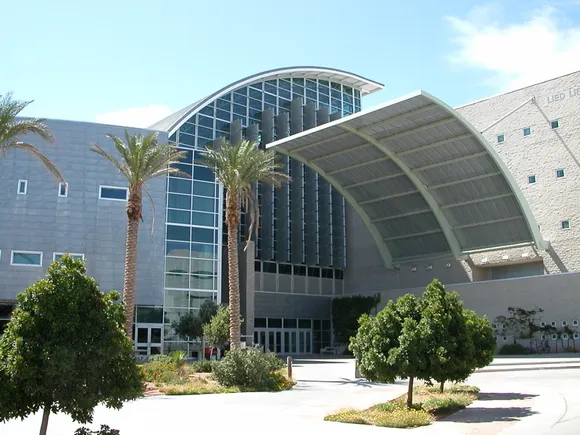fizkes/Shutterstock
Professional development and skills-building are often front and center when it comes to conversations about career success and advancement. There’s another less-discussed (yet equally essential) aspect of thriving in your role and creating a fulfilling, sustainable career: being a good colleague.
How you treat the people you work with — and how they perceive you — can have a powerful effect on your workplace relationships. And those relationships play a big role in your overall job satisfaction and long-term career growth.
Being a good colleague may not be the first thing that comes to mind when thinking about how to stand out at work, but it can impact your reputation and opportunities. Nurturing strong relationships at work deserves more than an afterthought, but what exactly defines a good colleague?
We asked our readers to share the defining traits, habits, and attitudes of their favorite colleagues. Here’s what we learned about how to be a colleague that people trust, appreciate, and want on their team:
1. Don’t Be Afraid to Get in the Weeds (or Dirt)
Real support means showing up and being willing to get your hands dirty — even when the task is tedious. One reader shared that true team players don’t shy away from the unglamorous work and, just as importantly, never make others feel like a burden for needing help.
The colleagues who really shine are those who are willing to go the extra mile to help without complaining about it. Bonus points if you step in simply because you noticed someone could use a hand — without waiting to be asked.
2. Acknowledge Others
“The people who have your back day in and day out and who let you know you’re appreciated when nobody else does — those are my favorite colleagues,” another reader shared.
Whether we realize it or not, we all have a fundamental need to be seen, valued, and appreciated. A genuine thank-you, a quick shoutout in a meeting, or even a thoughtful message can go a long way in making someone feel like their efforts matter.
When you take the time to show sincere appreciation, you’re strengthening individual relationships and contributing to a broader organizational culture that helps others stay motivated and happy.
3. Be the Rising Tide
An exceptional colleague brings a “rising tide lifts all boats” mentality, according to one reader. They’re the kind of person who, when they earn a promotion, raise, or perk, looks for ways to advocate for others’ success, too.
It’s more than just appreciation — it’s advocating for others and mentoring them. Great colleagues don’t just climb the ladder; they help others up along the way. They give credit generously in public spaces, advocate behind closed doors, recommend their teammates for new opportunities, and even mentor or coach others.
4. Embrace the ‘No Stupid Questions’ Mindset
No one should feel small for not knowing something. Normalize curiosity and help-seeking. We’ve all learned by asking questions. When it’s your turn to share your knowledge, do so generously.
As one of our readers put it: “A great colleague in higher education is someone who is not hesitant to ask and answer questions no matter how many times its asked by someone.” They reminded us that it’s easy to forget what it’s like to be new after we’ve been in our role for a while.
They also cautioned against gatekeeping, as it often doesn’t help teams in the long run. Empower your colleagues to learn — by answering their questions and delegating, even when it might be “faster” or “easier” to do it yourself.
5. Eyes on the Prize (Not the Noise)
Every institution and office/department has noise — office politics, drama, competition, changing priorities, etc. Good colleagues “see beyond the noise” said one reader.
Be the person who keeps their eye on the real work, stays grounded, and keeps delivering value. Help others to see the big picture, too, and to refocus when needed.
6. Don’t Close the Door on New Thinking
Higher education is notoriously slow to change. We tend to favor the status quo. But real progress happens when we stay open to new ideas and fresh possibilities.
Resist the urge to stay siloed. Instead, “lean into collaboration,” one reader advised. Be flexible, stay curious, and listen without judgment. A fresh perspective may be exactly what you didn’t know you needed.
And don’t discount ideas from other areas on campus. Departments or offices that seem unrelated on the surface may have more in common than you think — and might hold the key to a creative solution or strategic partnership.
Final Thoughts
It takes more than area expertise to build a meaningful, lasting career. It also requires being a thoughtful, trusted colleague. How you show up — and the kind of colleague you choose to be — shapes not only your day-to-day experience, but also your long-term opportunities. Strong workplace relationships build trust, foster collaboration, drive better results for your institution, and create the kind of social capital that can support you well beyond your current role.


























